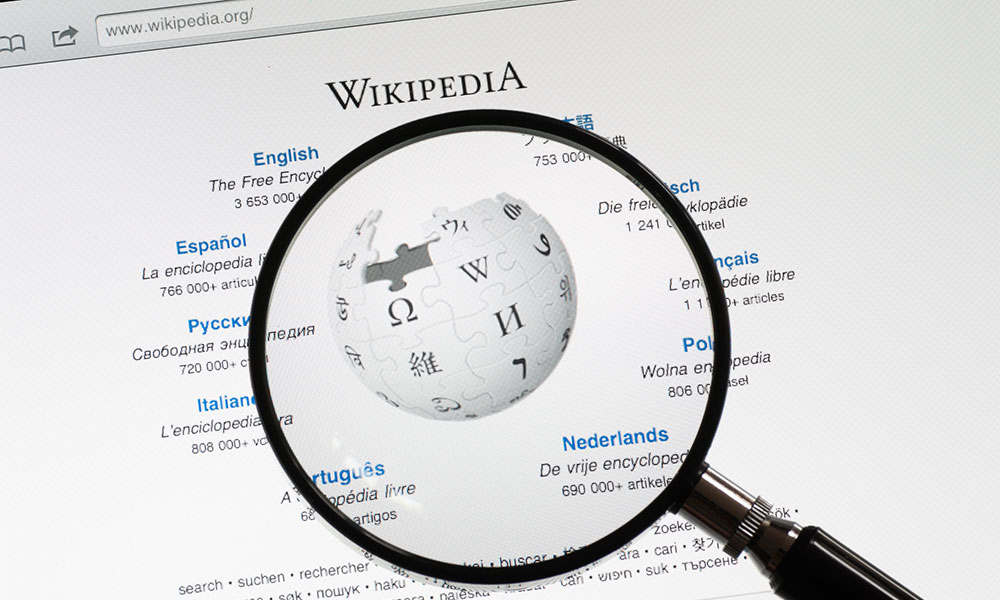
Analysis: How Wikipedia Might Be Influencing Academic Research
A recent experiment involving Wikipedia revealed that language from their scientific articles ended up in peer-reviewed articles in academic journals. A resulting report makes the case that it shows that Wikipedia is influencing the field of science as a whole.
If your organization relies on the creation and distribution of academic papers, you may want to ponder the impact that the world’s largest crowdsourced website might be having on your work.
A new report published on the Social Science Research Network earlier this month discusses the way that Wikipedia’s large repository of articles on just about anything—particularly scientific topics—can affect the way that scientific papers are written.
“This paper asks whether ‘general and popular treatises’ themselves feed back into science and help shape it,” the article, titled “Science is Shaped by Wikipedia: Evidence From a Randomized Control Trial,” states. “Rephrasing this into the language of economics, we ask whether the provision of known scientific knowledge in an open, accessible repository can shape the scientific discussion of those ideas—and, in particular, whether Wikipedia already does.”
To do this, authors Neil Thompson of the Massachusetts Institute of Technology and Douglas Hanley of the University of Pittsburgh conducted an experiment, seeding Wikipedia with a number of articles on scientific topics related to chemistry that weren’t yet on the service. Half of the 43 articles were uploaded; the other half, for purposes of control, weren’t.
After the articles had received a significant amount of traffic (around 2 million views over a two-year period), Thompson and Hanley then analyzed whether the language of major scientific journals reflected the articles that were uploaded to Wikipedia—which, of course, it did.
The authors did not see a problem with this, however, suggesting it reflected positively on Wikipedia’s authority as a source.
“Authors choosing to use the Wikipedia information suggests that they deem the Wikipedia information to be ‘better’ in some way,” the report stated. “This could be because the information is of higher quality, because it is more easily accessible, or because it is easier to understand. In any case, revealed preference suggests that the scientists view it as preferable.”
Of course, not everyone agrees with that specific analysis. In comments to Nature, data scientist Adam Dunn of Australia’s Macquarie University suggested that while the analysis strategy was brilliant, he took aim at the paper’s conclusion that Wikipedia was influencing scientific thought.
“It probably is showing an effect of Wikipedia, but I’m not sure the claim is what they’re suggesting,” Dunn stated.
Nonetheless, the report is likely to drum up a lot of discussion on how a general-interest work can redefine our thinking on scientific issues.
(zmeel/iStock Unreleased/Getty Images Plus)






Comments